
The ‘healthy’ drink that secretly raises your diabet.es ris.k
For years, fruit juice has been marketed as a symbol of health — a “clean,” vitamin-packed alternative to soda. It’s in kids’ lunchboxes, breakfast spreads, and even post-workout routines. But new research reveals a truth most of us overlook: fruit juice may quietly increase your risk of type 2 diabetes.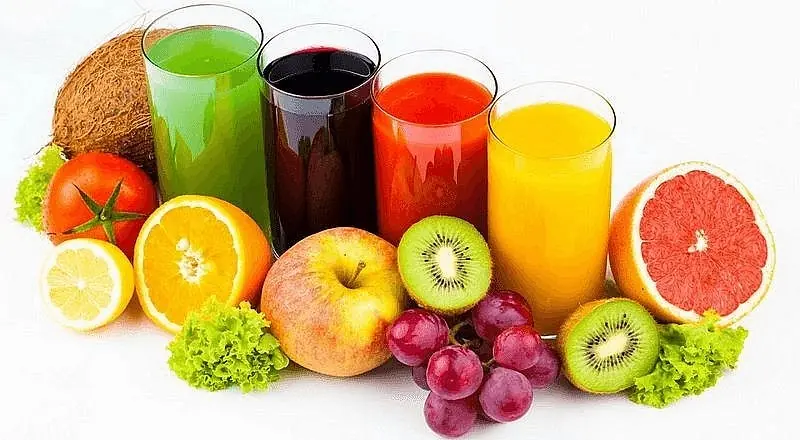
Fruit juice and the hidden sugar trap
While fruit juice does come from fruit, the problem lies in what’s missing — fiber. Once the pulp is removed, what’s left is essentially liquid sugar. That means every glass sends a rush of fructose directly into your bloodstream, causing sharp spikes in blood sugar levels and forcing your liver and pancreas to work overtime.
A large-scale study from Brigham Young University (BYU) and several German research institutions analyzed data from over 500,000 people worldwide. Their findings were clear:
-
Drinking just 230 ml (about one cup) of fruit juice daily increases your risk of type 2 diabetes by 5%.
-
In comparison, soda raises that risk by 25% per 350 ml serving.
-
However, eating whole fruits — with their natural fiber and nutrients — may actually help lower diabetes risk.
Researchers explain that when sugar is consumed in liquid form, it bypasses the body’s normal digestion pace. Without fiber to slow absorption, glucose levels soar and crash rapidly, straining insulin response over time. This cycle — repeated daily — is what slowly pushes the body toward insulin resistance and type 2 diabetes.
Why whole fruits are different
Whole fruits contain natural sugars too, but they come packaged with fiber, vitamins, minerals, and antioxidants that slow digestion and balance blood sugar levels. That’s why an orange is nourishing, while a glass of orange juice can be problematic. When you strip away fiber, you strip away the natural protection your body relies on.
Even “100% natural” juice, if consumed regularly, delivers the same metabolic stress as other sweetened drinks — only disguised as healthy.
Healthier alternatives to fruit juice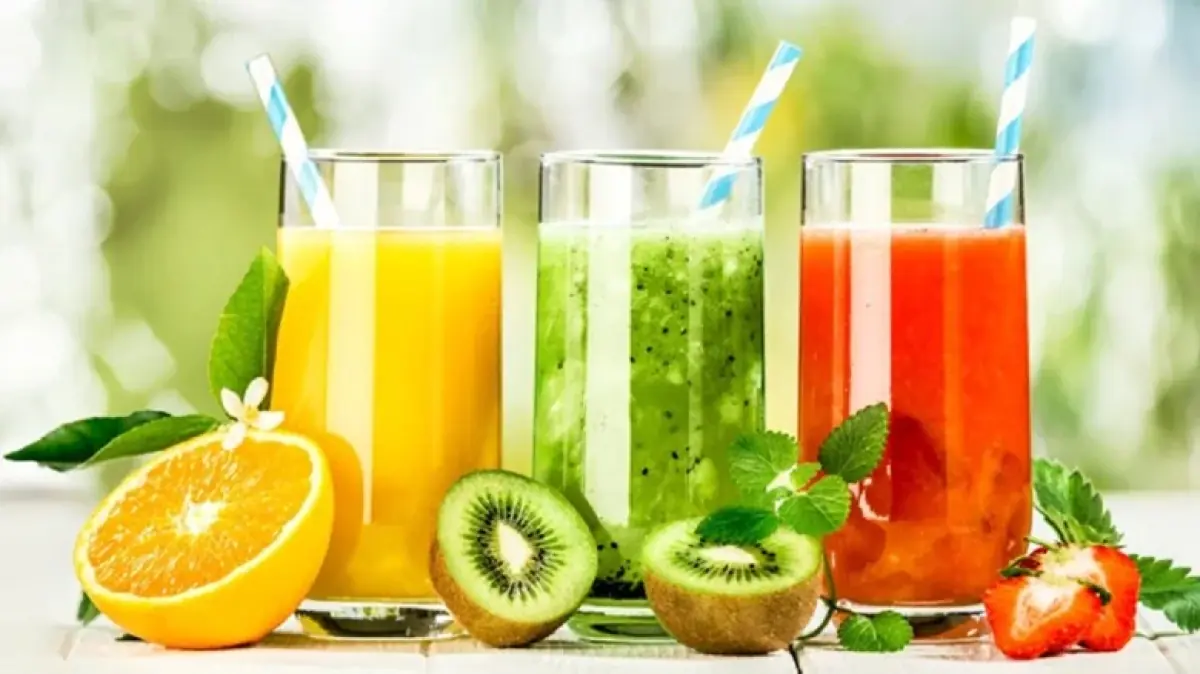
1. Whole fruit smoothies
Blend the entire fruit — peel, pulp, and all. This keeps fiber intact, helping your body absorb sugar gradually. Add chia seeds or flaxseed for extra omega-3s and satiety.
2. Infused water with herbs and fruit
Add cucumber, lemon, mint, or berries to your water for natural flavor and antioxidants — without the sugar spike.
3. Unsweetened coconut water
Hydrating and rich in potassium, coconut water is a great option when consumed moderately. Just make sure it’s unsweetened and fresh.
4. Vegetable-based juices
Juices from cucumber, celery, or spinach are low in sugar and high in micronutrients. Add a squeeze of lemon or a pinch of sea salt for a refreshing twist.
5. Diluted amla or aloe vera juice
Both have been used in traditional Indian medicine for their detoxifying and metabolism-boosting properties. They’re light, mildly tangy, and contain minimal natural sugars.
The takeaway
Fruit juice might look “healthy,” but without fiber, it’s essentially just a sweetened beverage in disguise. Over time, regular consumption can raise your blood sugar levels and strain your liver — quietly setting the stage for diabetes and other metabolic diseases.
If you love juice, keep it occasional, small, and ideally made from low-sugar fruits or blended whole ingredients. When it comes to protecting your health, fiber isn’t optional — it’s essential.
News in the same category

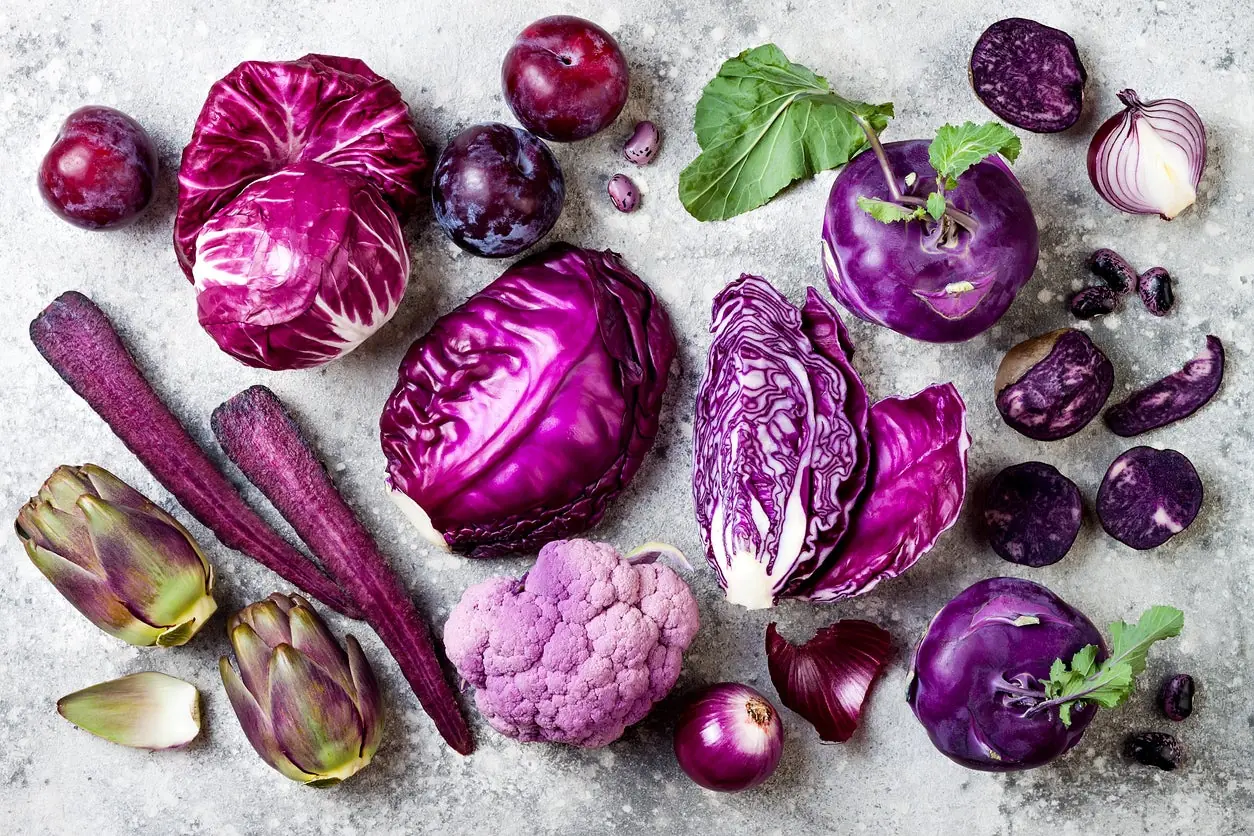
4 purple superfoods that fight aging and prevent can.cer
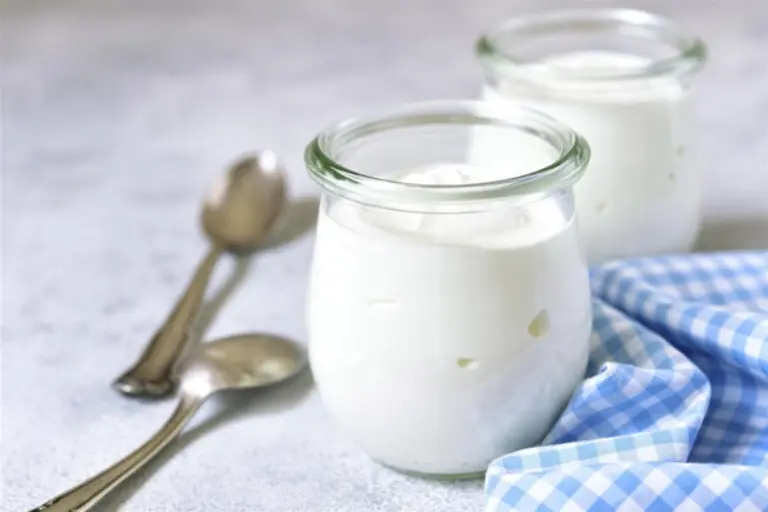
How to Eat Yogurt the Right Way for Maximum Health Benefits

Pine Cone Syrup: A Simple Beginner’s Guide to Its Benefits, Recipe, and Everyday Uses
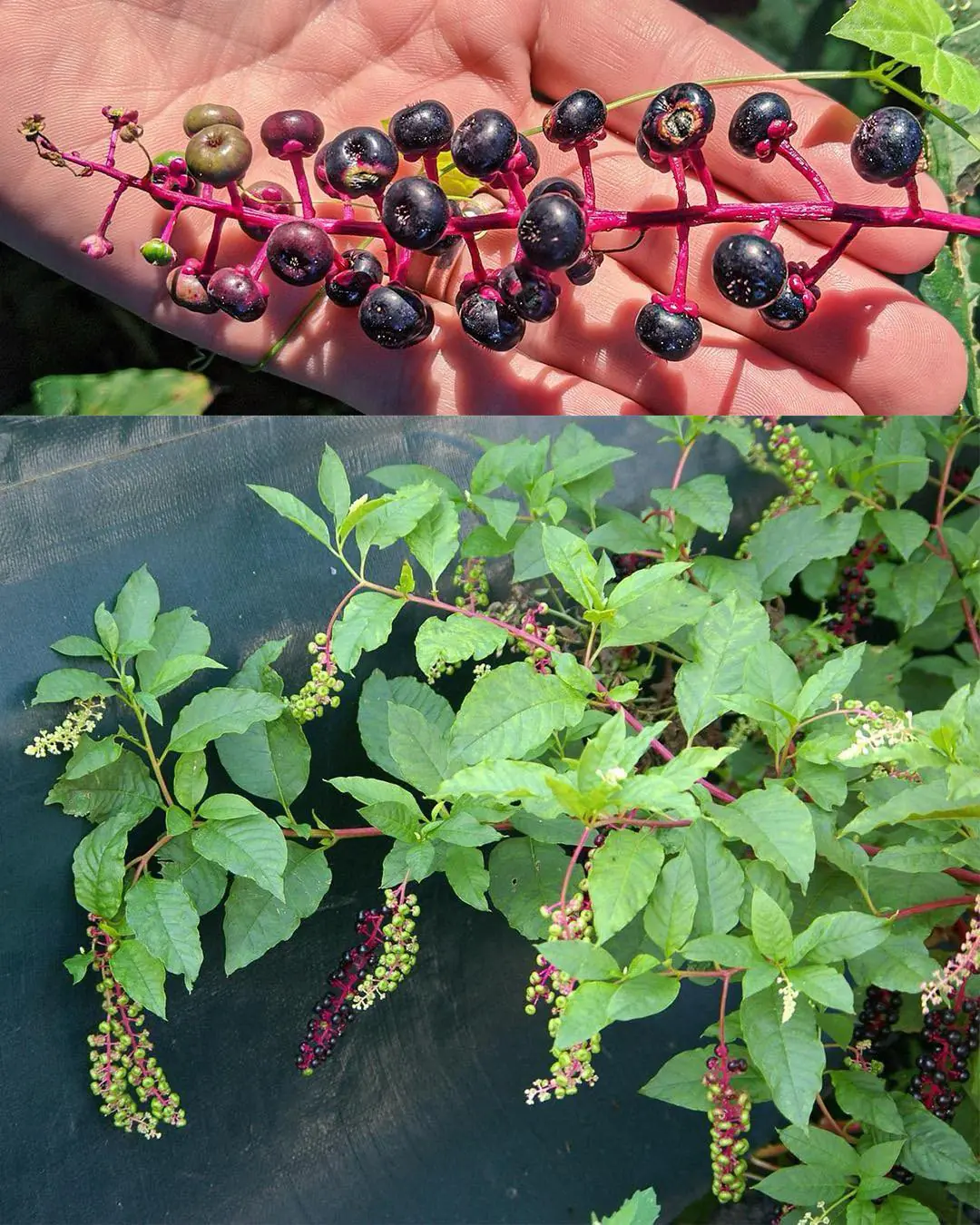
Pokeweed (Phytolacca americana): The Beautiful but Dan.gerous Plant You Should Avoid

The Hidden Dan.ger in Your Lipstick: What You Need to Know About Cadmium Contamination

She Ignored These 5 Symptoms — Now She’s Battling Stage 4 Colon Can.cer
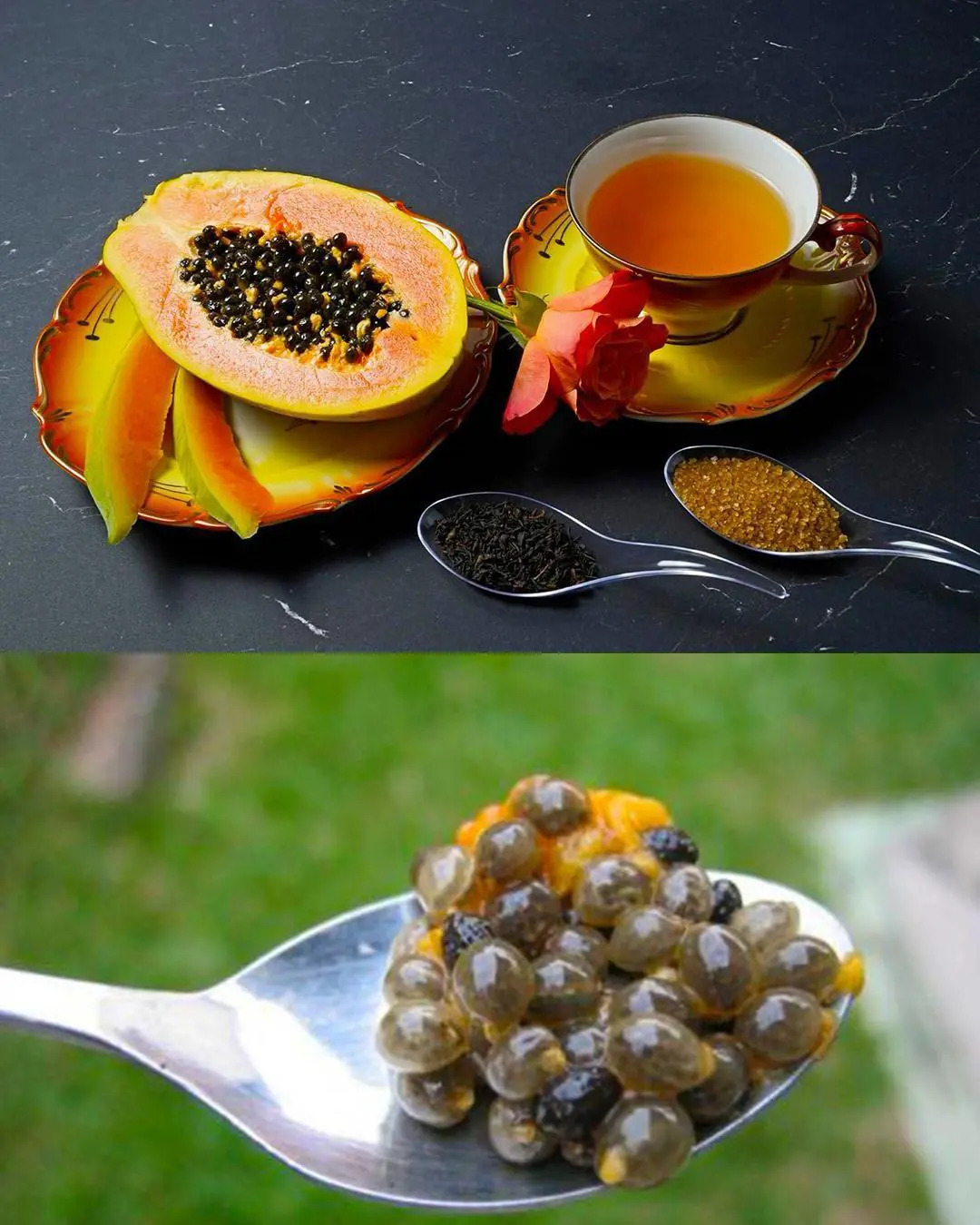
Don’t Throw Them Away - The Incredible Health Perks of Papaya Seeds You Need to Know

5 Signs of Appendicitis You Should Not Ignore
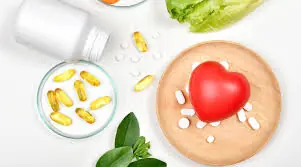
What You Need to Know About Vitamins and Supplements for Heart Health

Nothing ki:lls faster than your own mind. Don’t stress about things that are not under your control

5 Common Causes That Can Increase Your Risk of Liv.er Disease

4 Early Warning Signs of a Stroke That Occur 15 Minutes Before It Happens
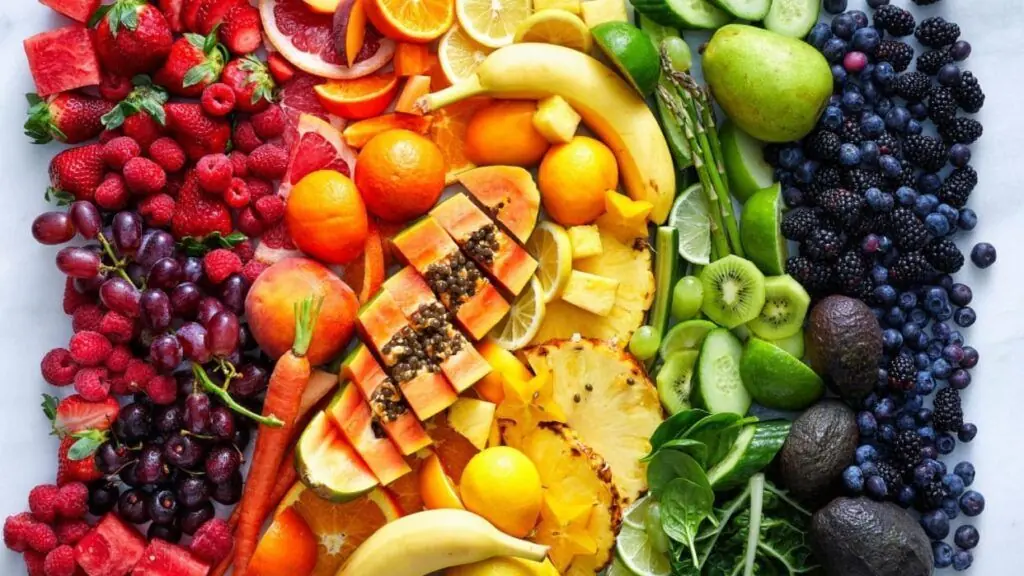
Dentist-Approved: The Right Way to Eat Fruit to Prevent Cavities
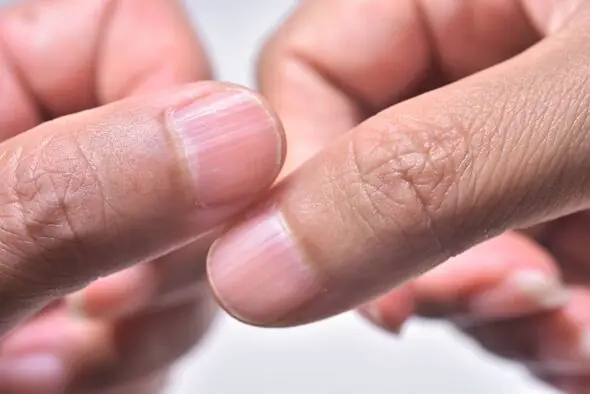
Observe Your Nails to Detect Health Issues
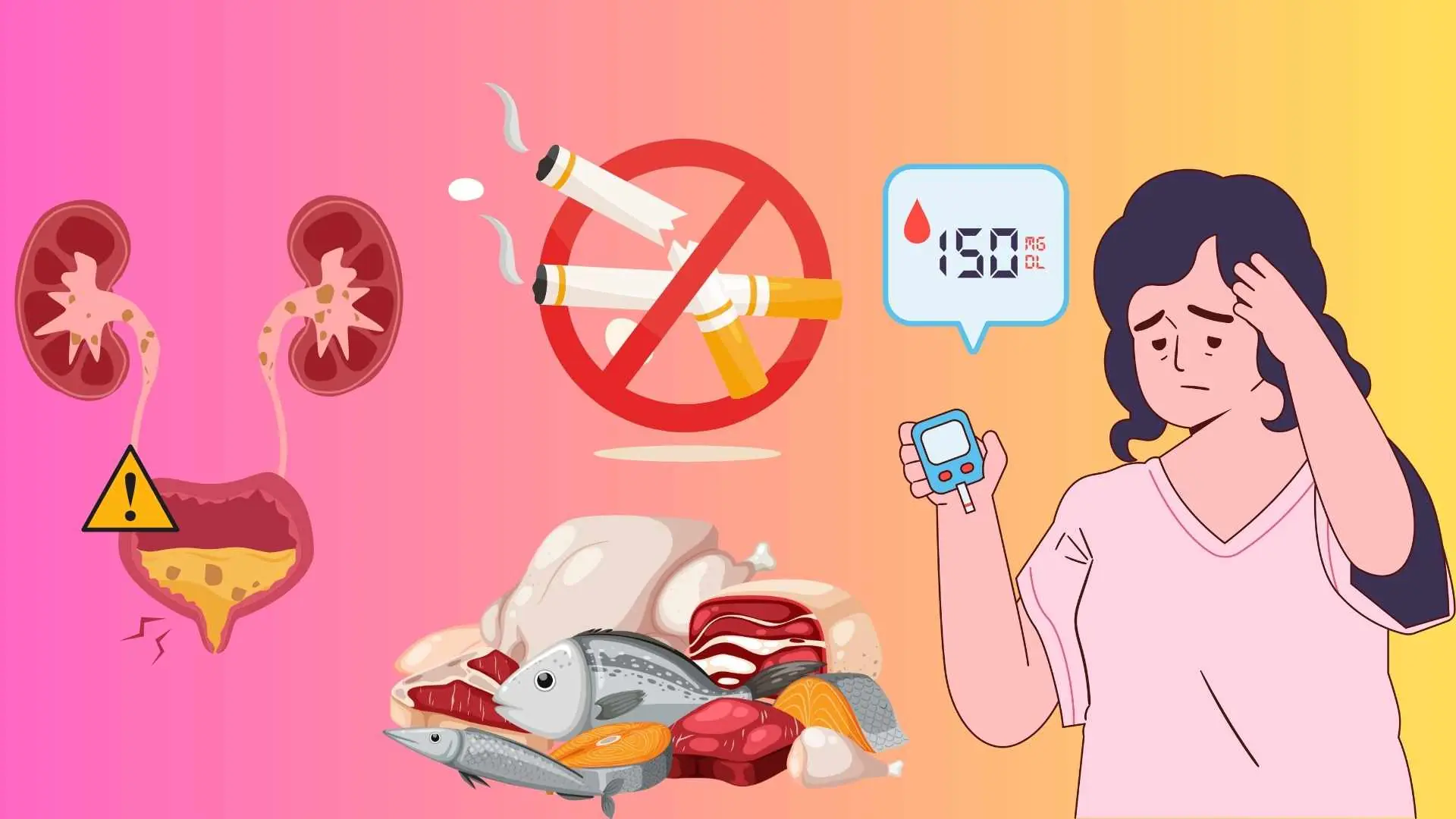
5 Morning Habits That Silently Dam.age Your Kid.neys
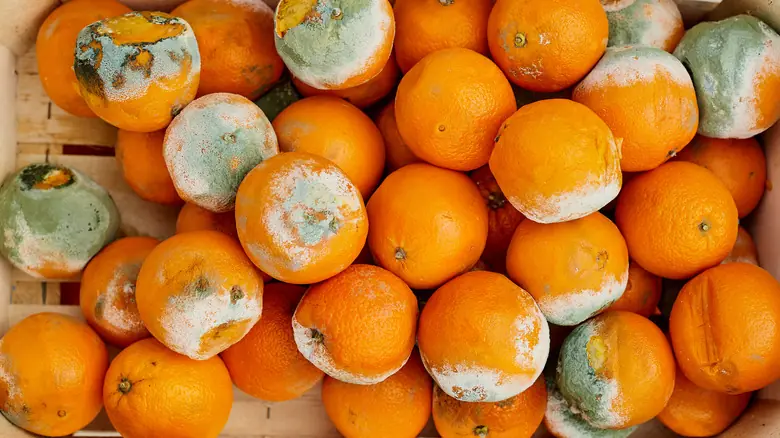
U.S. Professor Reveals 3 Types of Foods That Contain Dangerous Tox.ins and May Cause Can.cer
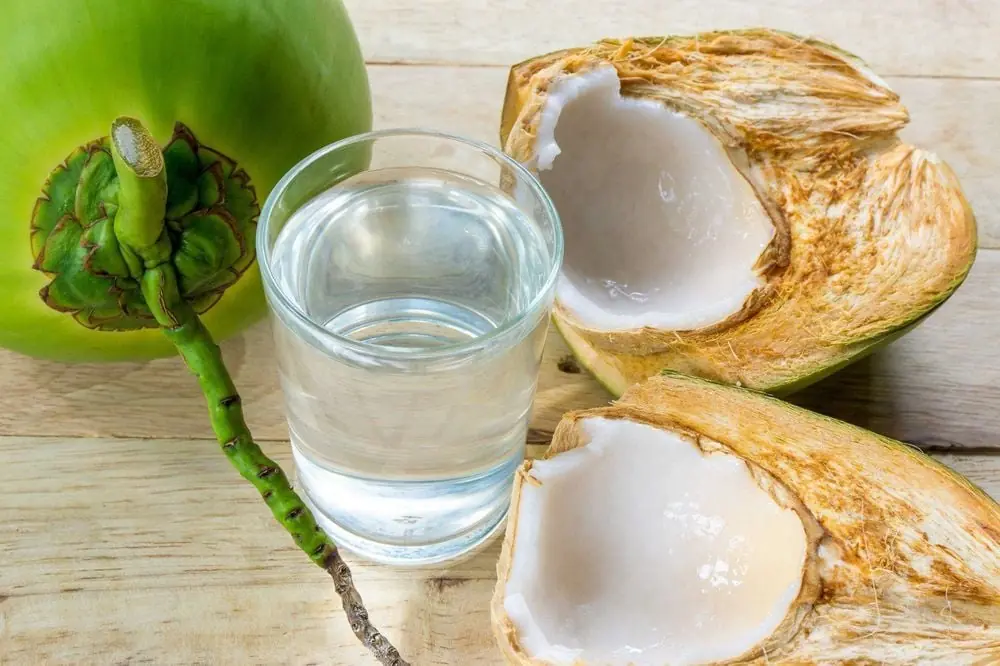
6 groups of people shouldn't drink coconut water

Do Not Ignore These 10 Warning Signs That Your Kidneys May Be In Danger
News Post

The benefits of taking a warm bath before bed

Onion hair oil: The natural secret to stronger, thicker, and healthier hair

What really happens when you eat eggs every day

4 purple superfoods that fight aging and prevent can.cer

Want to wake up early? sleep experts reveal 9 surprisingly easy steps to become a morning person

How proper breathing can instantly reduce stre.ss
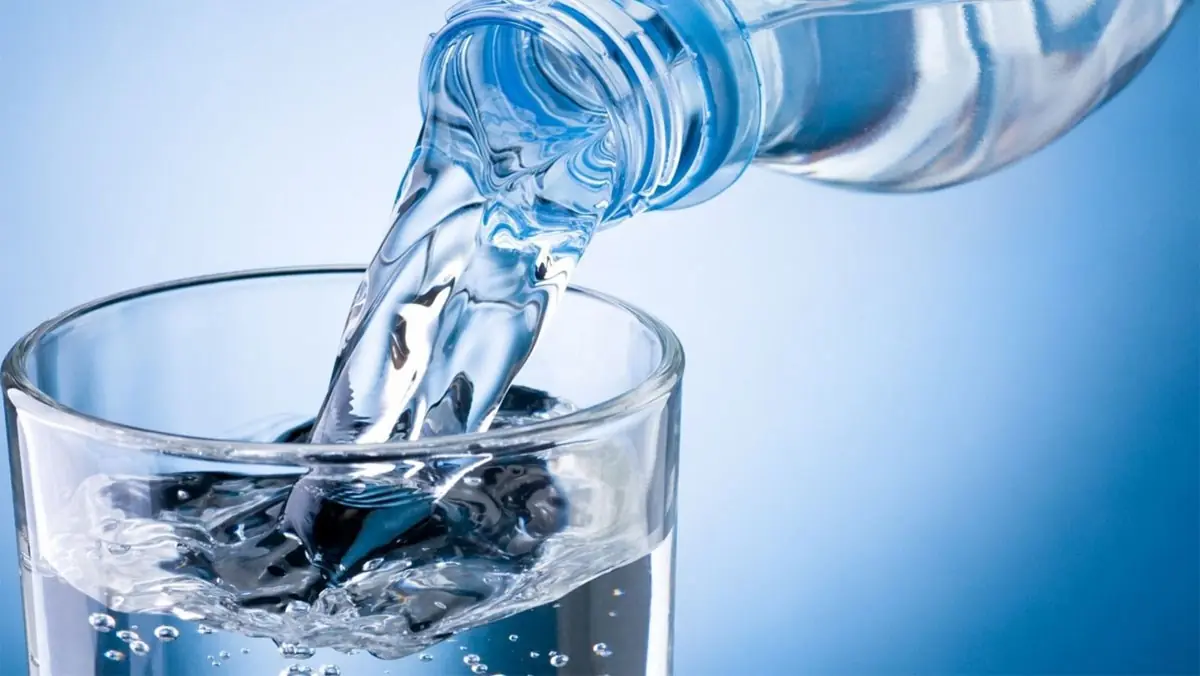
How much water should you drink to protect your kid.neys and control uric ac.id?

The best times to eat sweet potatoes — and what your body gains from each
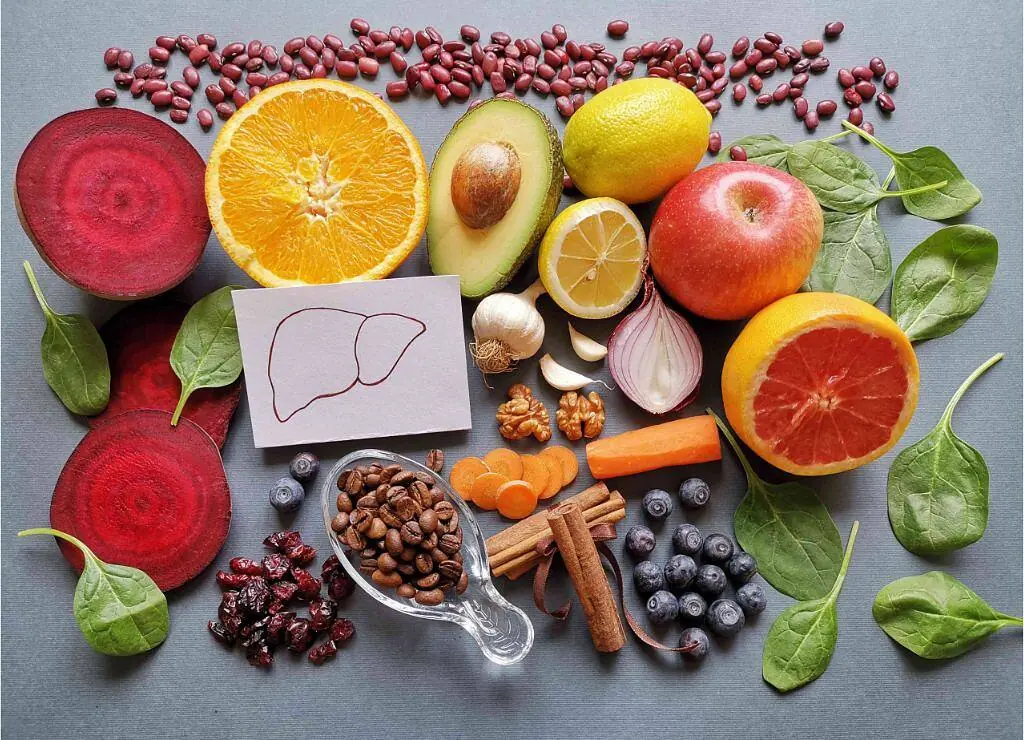
Natural foods that cleanse your liv.er and kid.neys (and help prevent kid.ney stones)

How to Eat Yogurt the Right Way for Maximum Health Benefits

Pine Cone Syrup: A Simple Beginner’s Guide to Its Benefits, Recipe, and Everyday Uses

Pokeweed (Phytolacca americana): The Beautiful but Dan.gerous Plant You Should Avoid

The Hidden Dan.ger in Your Lipstick: What You Need to Know About Cadmium Contamination

She Ignored These 5 Symptoms — Now She’s Battling Stage 4 Colon Can.cer
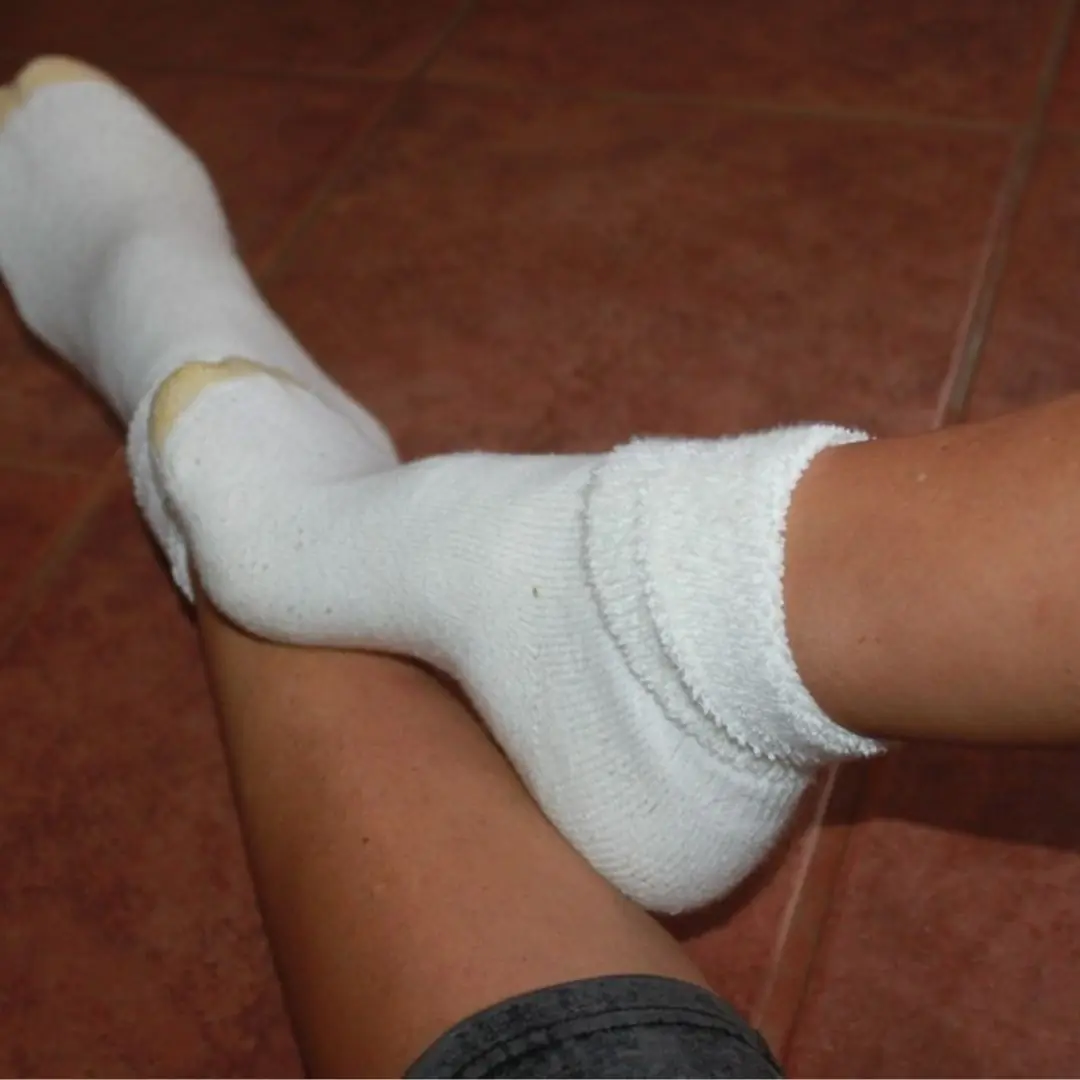
Here’s What Really Happens When You Sleep with Socks On

Don’t Throw Them Away - The Incredible Health Perks of Papaya Seeds You Need to Know

The Heroic WWI Homing Pigeons That Saved Countless Lives
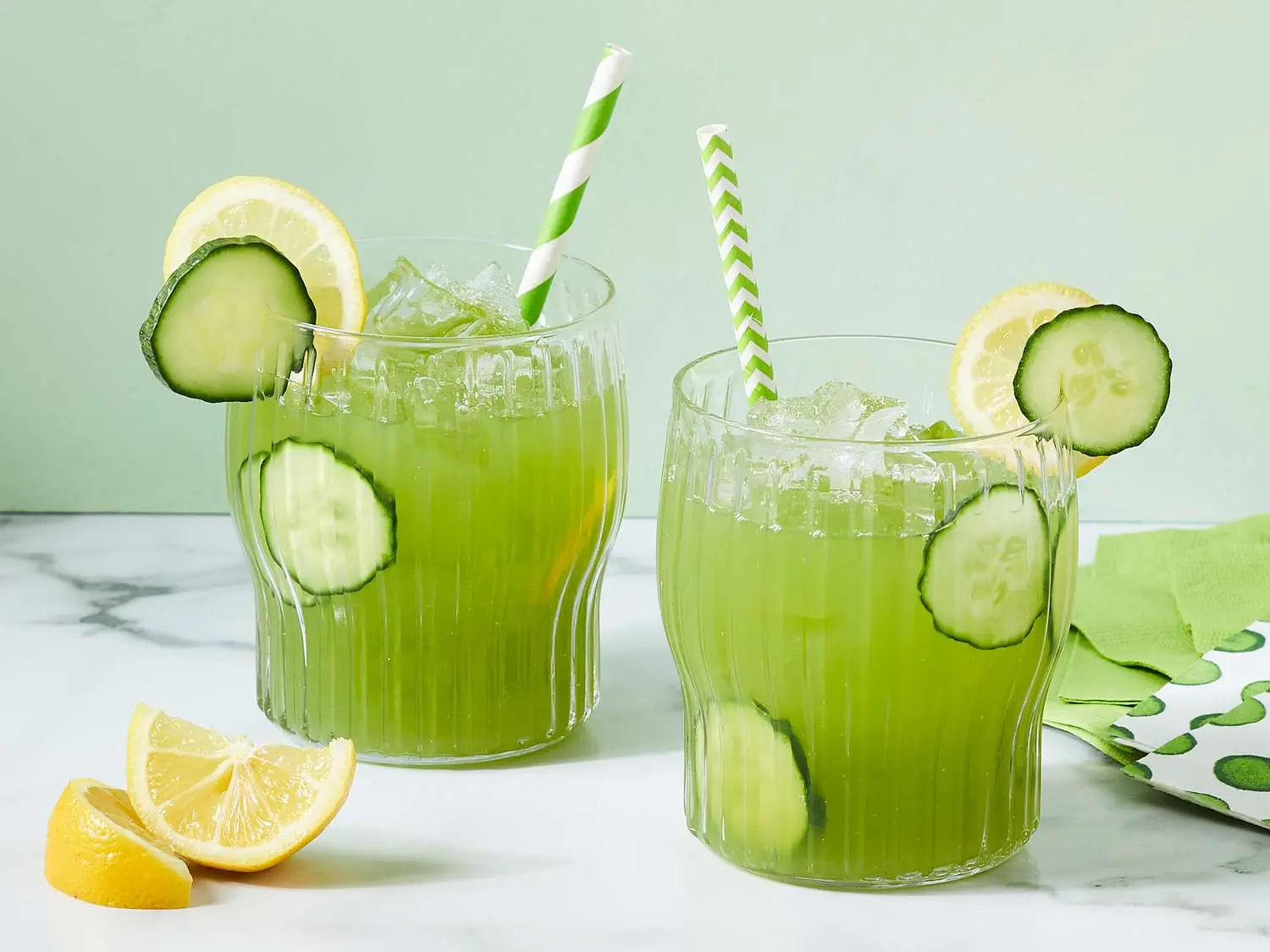
This Cucumber Lemonade Will Change the Way You Think About Summer Drinks
